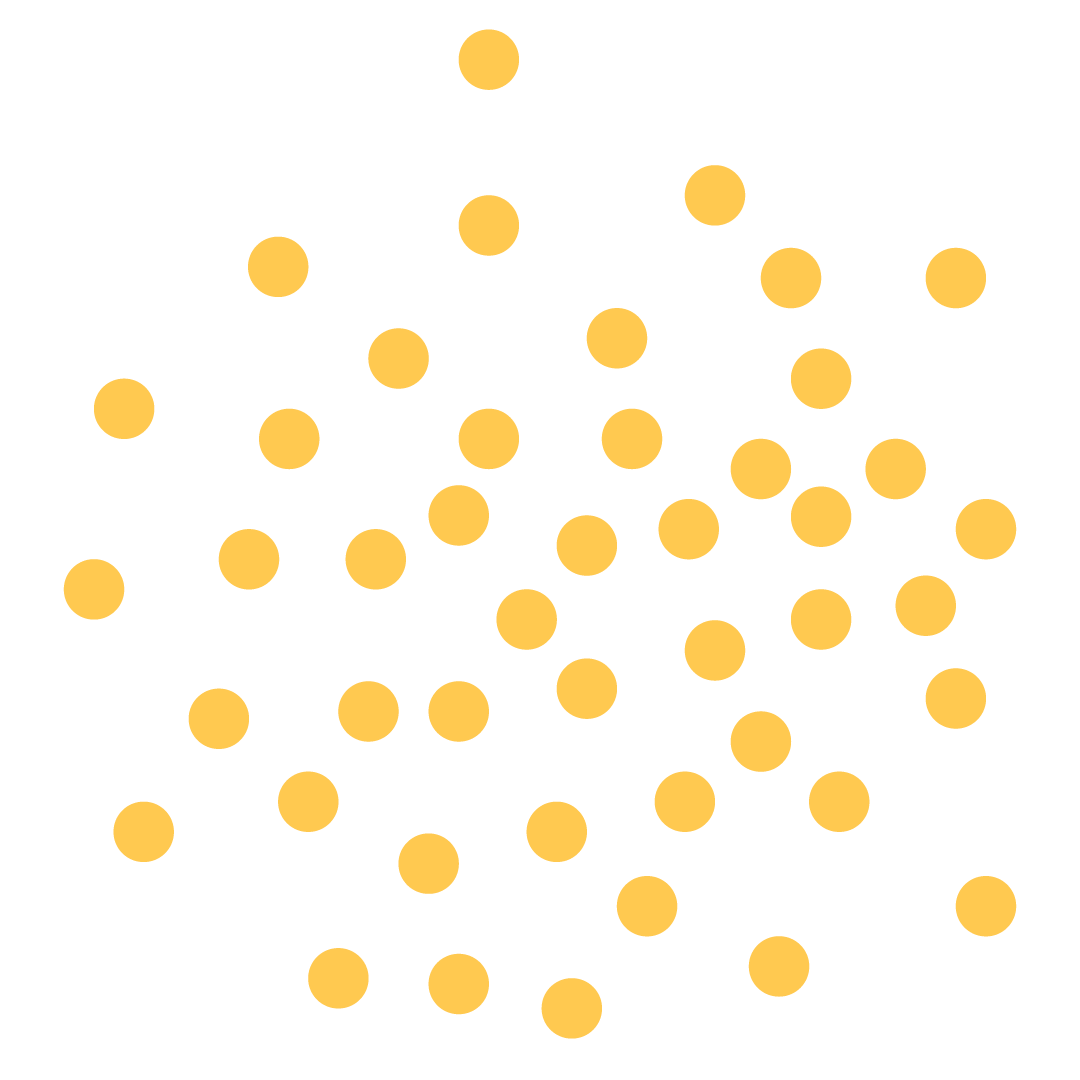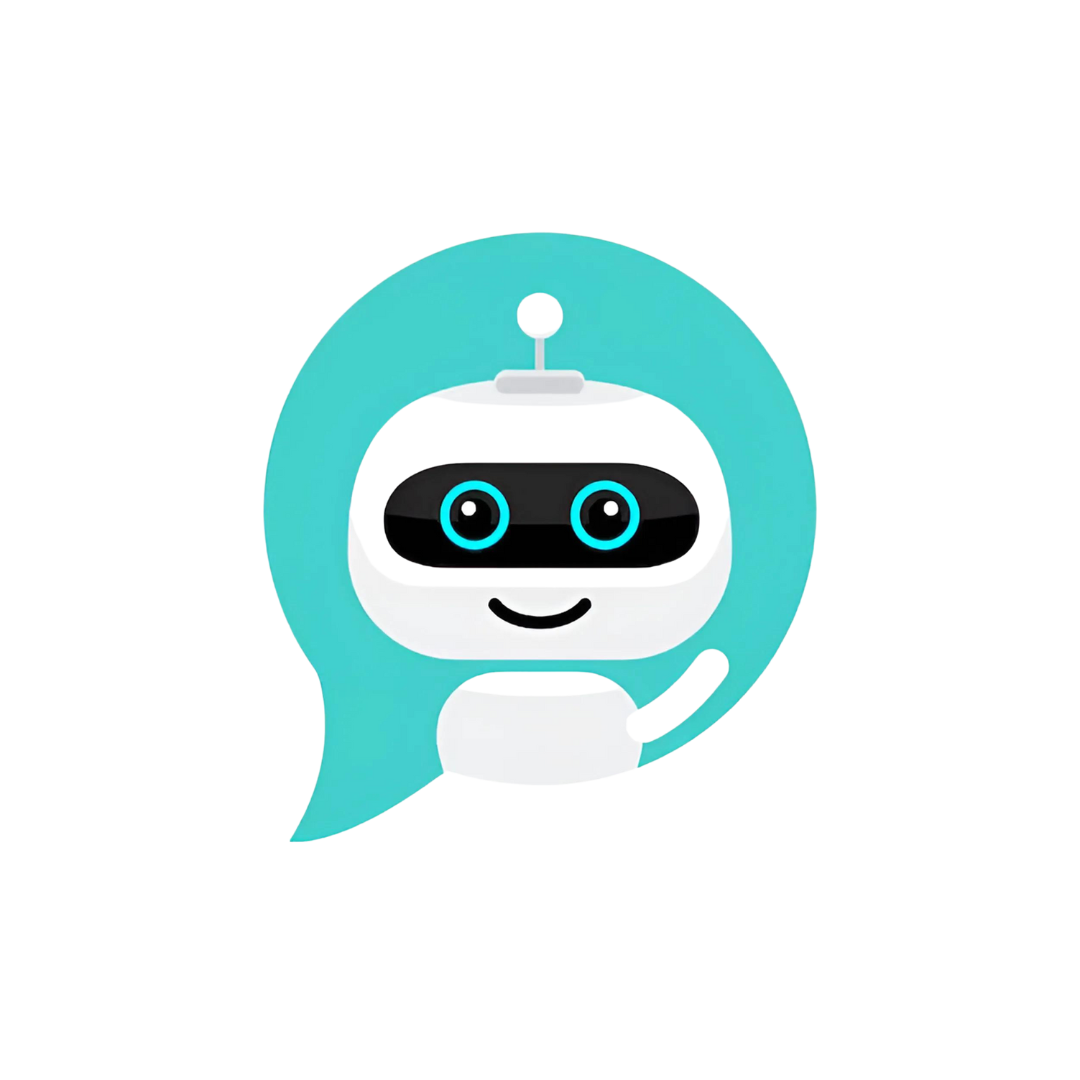Front-End Web Developer -Angular
Home > Training Programs > Front-End Web Developer – Angular
The front-End Web Developer Angular Training Program
Building a strong foundation for beginners and experienced programmers
In this comprehensive Front-End Developer-Angular training program, you will learn the key concepts and skills required to become a proficient Angular developer. You will start by understanding the basics of Single Page Applications (SPAs) and Angular, and then move on to more advanced topics such as components, directives, services, routing, forms, pipes, modules, animations, HTTP, and deployment. Additionally, you will learn how to set up your local environment, display data and handle events, work with observables and RxJS, perform CRUD operations, and create a backend API with Node.js and Express.
By the end of this training program, you will have a solid understanding of Angular and be able to build complex, scalable, and responsive web applications with ease.






Program Objectives
- Understand the fundamentals of Angular and Single Page Applications (SPAs)
- Build efficient and scalable web applications using Angular components, directives, services, routing, forms, pipes, and modules
- Work with animations, observables, and HTTP in Angular applications
- Develop backend APIs with Node.js and Express
- Set up a local environment for Angular development
- Display data and handle events in Angular applications
- Perform CRUD operations in Angular applications
- Deploy Angular applications to a production environment
- Utilize best practices in Angular development to ensure code efficiency, scalability, and maintainability
- Validate their skills and knowledge in Angular development through a certification upon completion of the program
Program Outline
- Overview of Single Page Applications (SPAs)
- What is Angular?
- Angular vs. other JavaScript frameworks
- Benefits of using Angular for building SPAs
- Setting up Angular development environment
- Installing and Setting up Node.js
- Installing and Setting up Angular CLI
- Creating a new Angular Project
- Running the Project
- What are modules?
- Creating and organizing modules
- Shared modules
- Lazy loading modules
- Introduction to Components
- Creating and using Components
- Communication between Components
- Component Lifecycle Hooks
- Introduction to Templates
- Interpolation and Property Binding
- Event Binding and Two-way Binding
- Template References and Template Variables
- Interpolation and Property Binding
- Event Binding
- Two-way Data Binding
- ngFor Directive
- ngIf Directive
- Introduction to Directives
- Types of Directives
- Creating Custom Directives
- What are pipes?
- Built-in pipes
- Custom pipes
- Async pipes
- What are services?
- Creating and using services
- Dependency injection
- Singleton services
- Service testing
- What is routing?
- Setting up routes
- Route parameters
- Child routes
- Guards
- Observables vs Promises
- Creating and Subscribing to an Observable
- Operators in RxJS
- Combining Multiple Observables
- HTTP Methods
- Angular HTTP Client
- Creating, Reading, Updating, and Deleting Data
- Creating forms
- Form validation
- Reactive forms
- Template-driven forms
- Handling form data
- Introduction to Internationalization
- Preparing the App for Internationalization
- Translating the App into Multiple Languages
- Localizing Dates, Numbers, and Currency
- Creating animations
- Animating component properties
- Keyframes and transitions
- Triggering animations
- Introduction to Angular Tools
- Debugging with Augury
- Code Analysis with TSLint
- Performance Optimization with Chrome DevTools
- Introduction to Testing
- Unit Testing using Jasmine and Karma
- Testing Components, Services and Pipes
- E2E Testing using Protractor
- Introduction to Best Practices
- Naming Conventions
- Folder Structure
- Component Design Patterns
- Code Reusability and Maintainability
- Preparing for deployment
- Building for production
- Deploying to a server
- Hosting options





Training Methodology
This program follows Aitrich Training Methodology(ATM), which is designed to provide a real-life software engineering experience to the students.
ATM is a specialized learning methodology that follows standard software engineering principles and practices as part of the whole learning process. It is based on a project-based, team-oriented, and instructor-led approach that emphasizes collaboration, problem-solving, and continuous improvement.
The entire program is designed around a software project that develops a real-life application and the whole batch of students are organized as the team members who develop the system. The team will follow agile methodologies such as SCRUM, and software engineering principles and practices as part of their daily tasks. As the program progresses towards the end, the project will be fully developed by the team members.
At the end of the program, the students will have all the skills of an experienced software engineer who can undertake serious software projects with a sense of ownership.
What other essential skills you earn from this program
Beyond Front-End Web Development -Angular
Since this training program is following Aitrich Training Methodology (ATM), this program will have the following salient features, besides the specific technology learning, as part of transforming the candidate into a highly skilled and productive Software Engineer:





Who is eligible?
The Front-End Web Developer-Angular training program at Aitrich Academy is designed for individuals who are interested in pursuing a career in web development in the fast growing Microsoft Platform. The program is suitable for:
Certification
TO DO


Program Duration & Mode of Delivery
6 Months
Total Duration
5 Days/week
Work Schedule
4 hours/day
Team Sessions
Fully Guided
Group Exercises
Hybrid Delivery
Inhouse + Online



Frequently Asked Questions
The most frequent questions About Angular
Compiled list of frequently asked questions to help you find the answers you need. If you cannot find the information you are looking for, please feel free to contact us directly. We are here to support you on your learning journey.
The prerequisite knowledge varies depending on the course. Some courses may require a basic understanding of programming or specific software applications, while others may be suitable for beginners. We recommend checking the course descriptions or contacting us for more information.
We provide various support resources for our students, including access to instructors during class, online forums for collaboration and discussion, and personalized feedback on assignments and projects. We also offer career services to help students prepare for job interviews and connect with potential employers.
Our assessments may include quizzes, exams, coding assignments, projects, and presentations. The format may vary depending on the course and program.

Ready To Kickstart Your Tech Career?
we will contact you back within 24hrs via email.
Students testimonial
Discover the Inside Scoop
-Hear From Students Themselves










